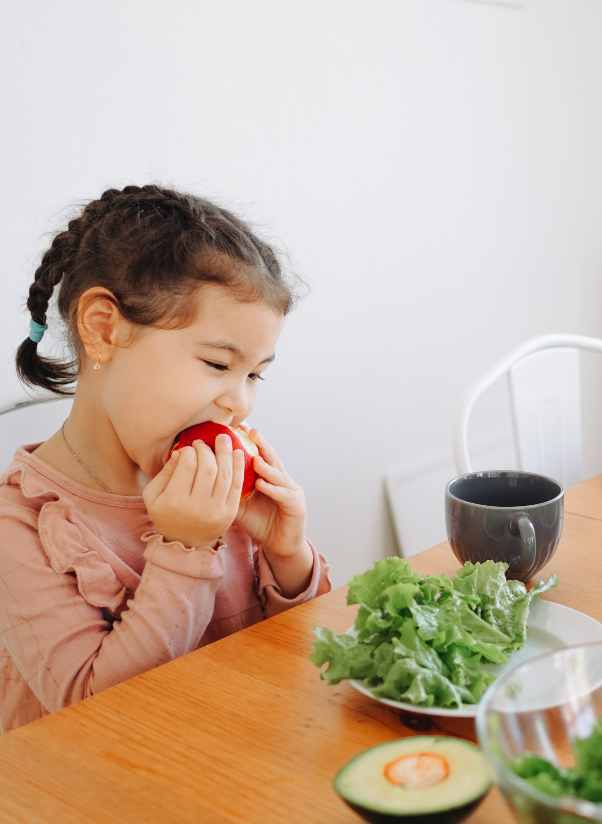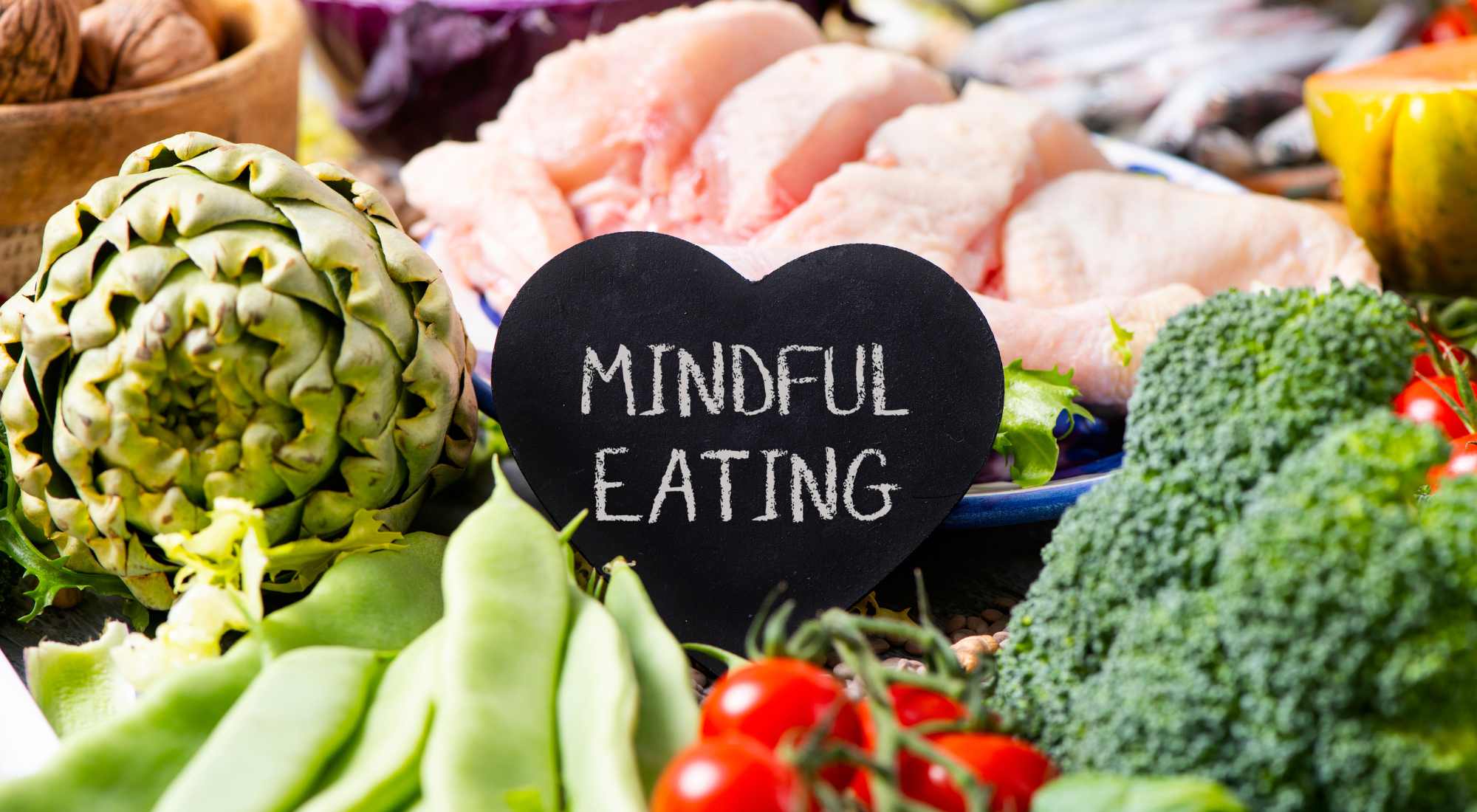
How nutrition impacts your emotional health
Learn how nutrition impacts your emotional health. Discover the fascinating link between food and emotions.
Jump to section:
Food for Thought: How Nutrition Shapes Your Emotional Health
Nutrition is a fundamental aspect of our overall health and well-being. It provides our bodies with the essential nutrients needed for optimal physical and mental functioning. However, nutrition also plays a crucial role in our emotional health. The food we eat has a direct impact on our mood, emotions, and mental health.


The Second Brain: How Your Gut Impacts Your Emotional Health
The Gut-Brain Connection
It’s important to understand that our gut and brain are interconnected. The gut-brain axis refers to the communication network between our gastrointestinal system and our central nervous system. The gut is often referred to as our “second brain“. It houses a complex network of neurons, neurotransmitters, and hormones that communicate with our brain.
This communication goes both ways. The brain sends signals to the gut and the gut sends signals to the brain. This connection means that what we eat has a direct impact on our brain and our emotional health. By nourishing our gut with the right foods, we can support our mental well-being and promote a healthier life.
The gut microbiome is a collection of microorganisms living in our gut. Recent research has shown that the gut microbiome plays a crucial role in this communication network. It produces many of the same neurotransmitters and hormones found in the brain, such as serotonin and dopamine. They can impact our mood and emotional state.
Furthermore, certain types of gut bacteria have been linked to specific mental health conditions, such as anxiety and depression. It is important taking care of our gut health. Consider eating a diet rich in fiber and nutrient-dense foods to support your emotional well-being. By nourishing our gut, we can nourish our brain and improve our overall quality of life.
Food and Inflammation
How Your Diet Affects Your Emotional Health
One of the ways that nutrition impacts emotional health is through inflammation. Inflammation is a natural response in our bodies to protect us from infection and injury. However, chronic inflammation can lead to a range of health issues. Such as mental health disorders such as depression and anxiety.
Certain foods can trigger inflammation in the body. Thus, it is advisable to steer clear of processed foods, sugary drinks, and refined carbohydrates. Conversely, consuming foods that are high in antioxidants and anti-inflammatory compounds can reduce inflammation. Additionally, fruits, vegetables, nuts, and seeds are among the many foods that promote emotional well-being.
If you regularly consume a diet high in processed foods and sugary drinks, your body may be experiencing chronic inflammation. This inflammation can damage your cells and tissues, including those in your brain, and may contribute to the development of depression or anxiety.
Conversely, incorporate more leafy greens, berries, and turmeric to reduce inflammation. By being mindful of the foods you eat and their potential impact on inflammation, you can take steps to support your emotional well-being through nutrition.
Here are some examples of foods, drinks, and other factors that can cause inflammation in the body:


Mindful eating
In addition to the foods we eat, it’s also important to consider how we eat. Mindful eating is a practice that involves paying attention to our food. It means that we are present in the moment and listen to our body’s hunger and fullness signals.
Mindful eating can help reduce emotional eating, which is when we eat in response to our emotions rather than hunger. Emotional eating can lead to overeating and can contribute to the development of obesity, depression, and anxiety. Practicing mindful eating can help improve our relationship with food and promote emotional well-being.

11 Tips for Better Emotional Health
Feeding your feelings
Have you ever noticed how your food choices impact your mood and emotions? Nutrition plays a critical role in our emotional health. The food we eat can directly influence how we feel. By making simple changes to our diet, we can support our brain and body. It can reduce symptoms of anxiety and depression, and improve our overall emotional well-being.
Crystal Healing for Emotional Nourishment
Using Stones to Complement Your Nutritional Choices
I recommend these three stones to improve emotional health through better nutrition. While crystal healing can be a complementary practice, it should never replace traditional medical advice and treatment. If you are experiencing health issues, always seek the help of a medical professional.
- 1Citrine – This crystal can help with emotional eating by promoting feelings of self-worth and confidence. It’s believed to help one overcome negative patterns and develop a positive relationship with food. Citrine can also aid in digestion, metabolism, and overall physical and emotional health.
- 2
Amethyst – A beautiful purple crystal that has a calming effect on the mind and body. Amethyst can help with addiction and overindulgence, making it a perfect stone for those struggling with emotional eating.
- 3
Rose Quartz – This pale pink stone promotes self-love and compassion, helping to reduce negative self-talk and improve overall well-being. It has a calming effect on emotions, making it a great choice for those dealing with stress and anxiety related to food and eating.
Click the image to learn more about the crystal.
Unlock Your Healing
Our crystal healing course encodes the vibration of citrine, amethyst, and rose quartz stones at a cellular level, allowing you to receive it and transmit its healing energy through your hands.
With this technique, you can experience the benefits of citrine, amethyst, and rose quartz stones without physically possessing them. By learning this method, you can tap into the healing powers of crystals and enhance your overall well-being.

Disclaimer
The information presented on this website should not be considered a substitute for professional medical advice. It is strongly recommended that readers seek guidance from a qualified medical professional regarding any health concerns or conditions. While efforts are made to provide accurate and up-to-date information, the completeness and accuracy of the content cannot be guaranteed.
Credit
I appreciate your interest in this content, but please refrain from copying and reusing it without proper attribution. I put a lot of effort into creating valuable content. Instead, consider sharing the article with a link to the source to give credit where credit is due. If you have any further questions, please feel free to reach out to me using the contact form. Thank you for your understanding and support!








